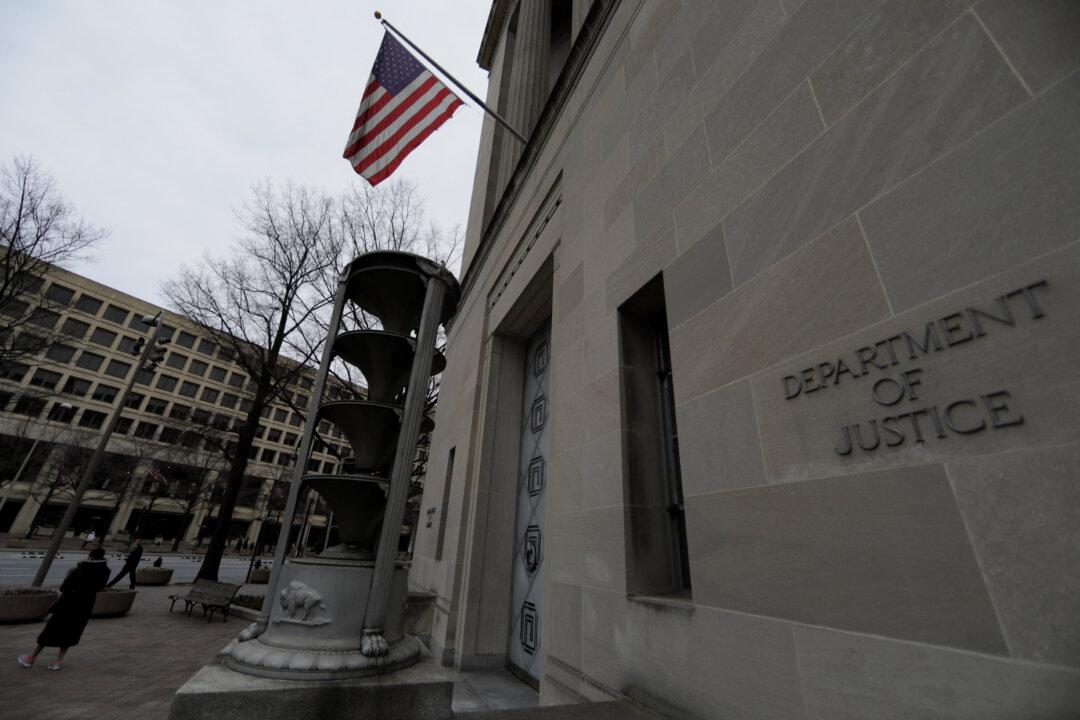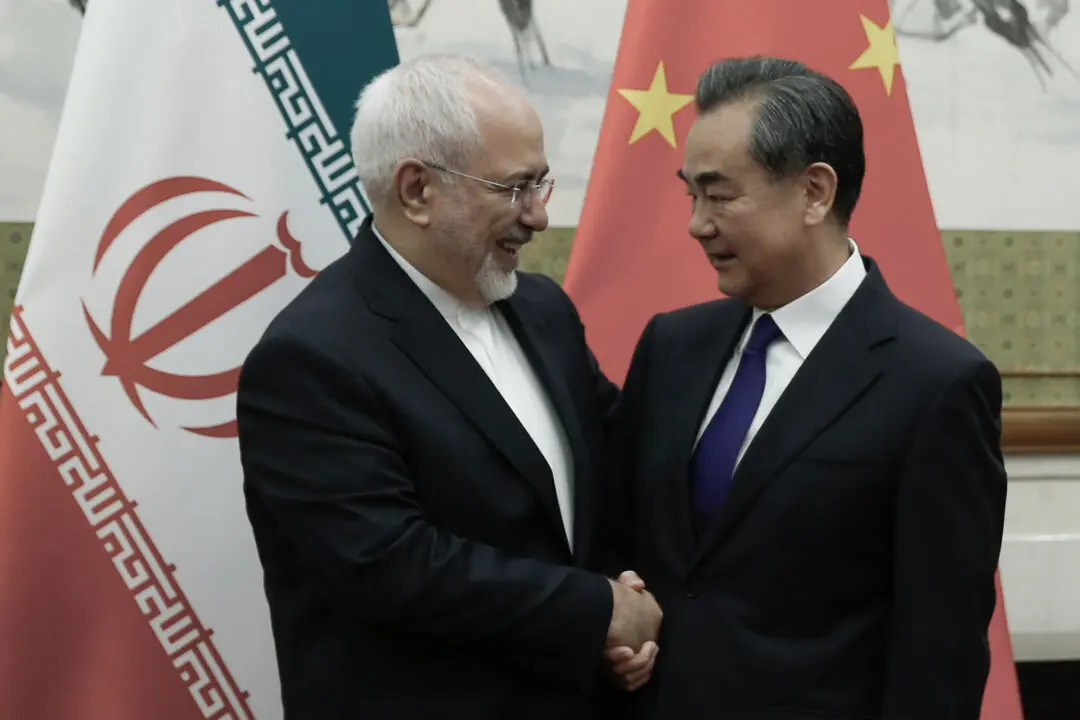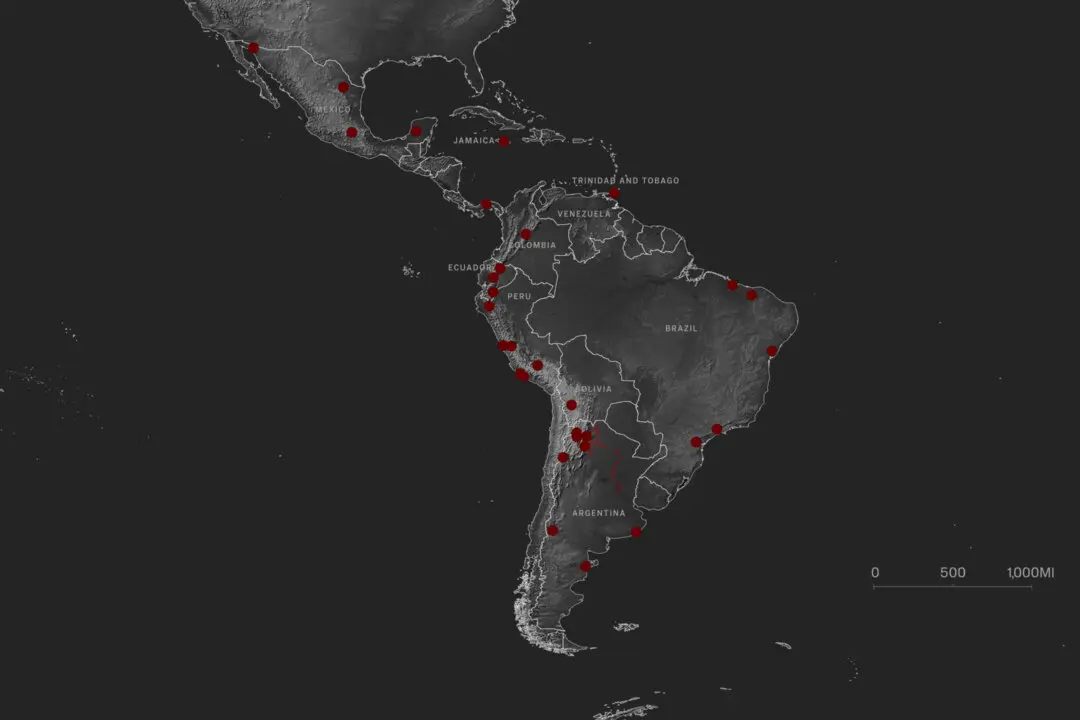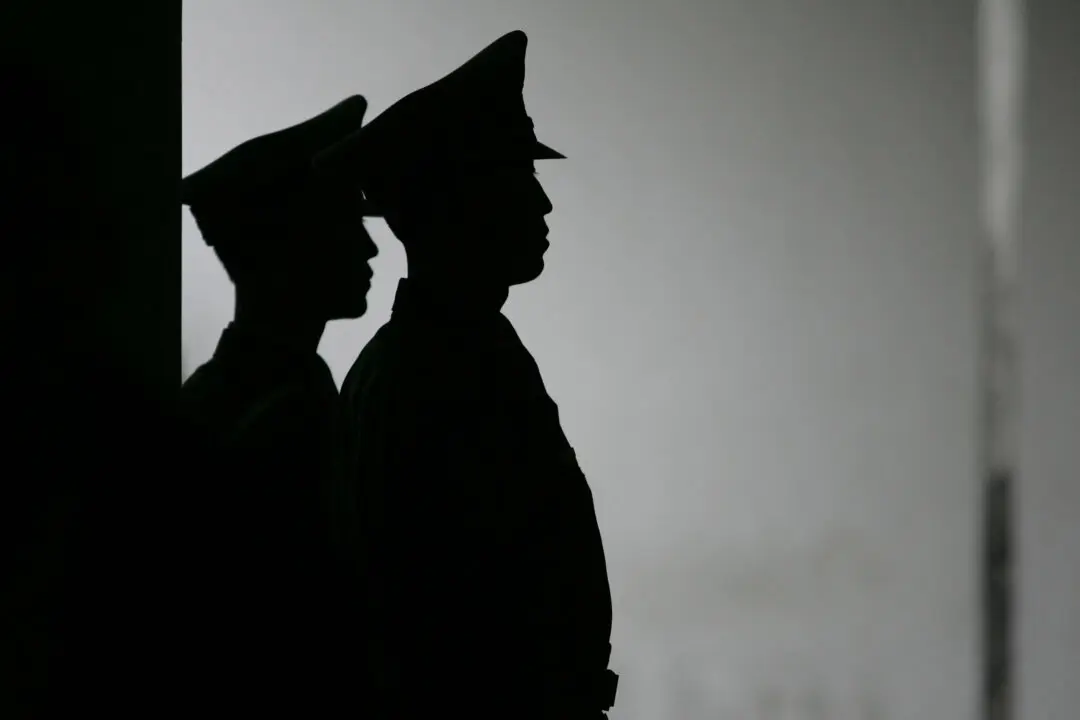A federal grand jury has indicted a Chinese national in California for allegedly participating in a $23.8 million scheme to manufacture and sell Chinese counterfeit products on eBay and Amazon, the Justice Department announced on Dec. 19.
Cai Zhoulin, also known as Allen Cai, was arrested on Dec. 19 at his residence in Los Angeles. The three-count indictment accuses Cai of trafficking and selling counterfeit laptop batteries that may pose significant safety risks.





